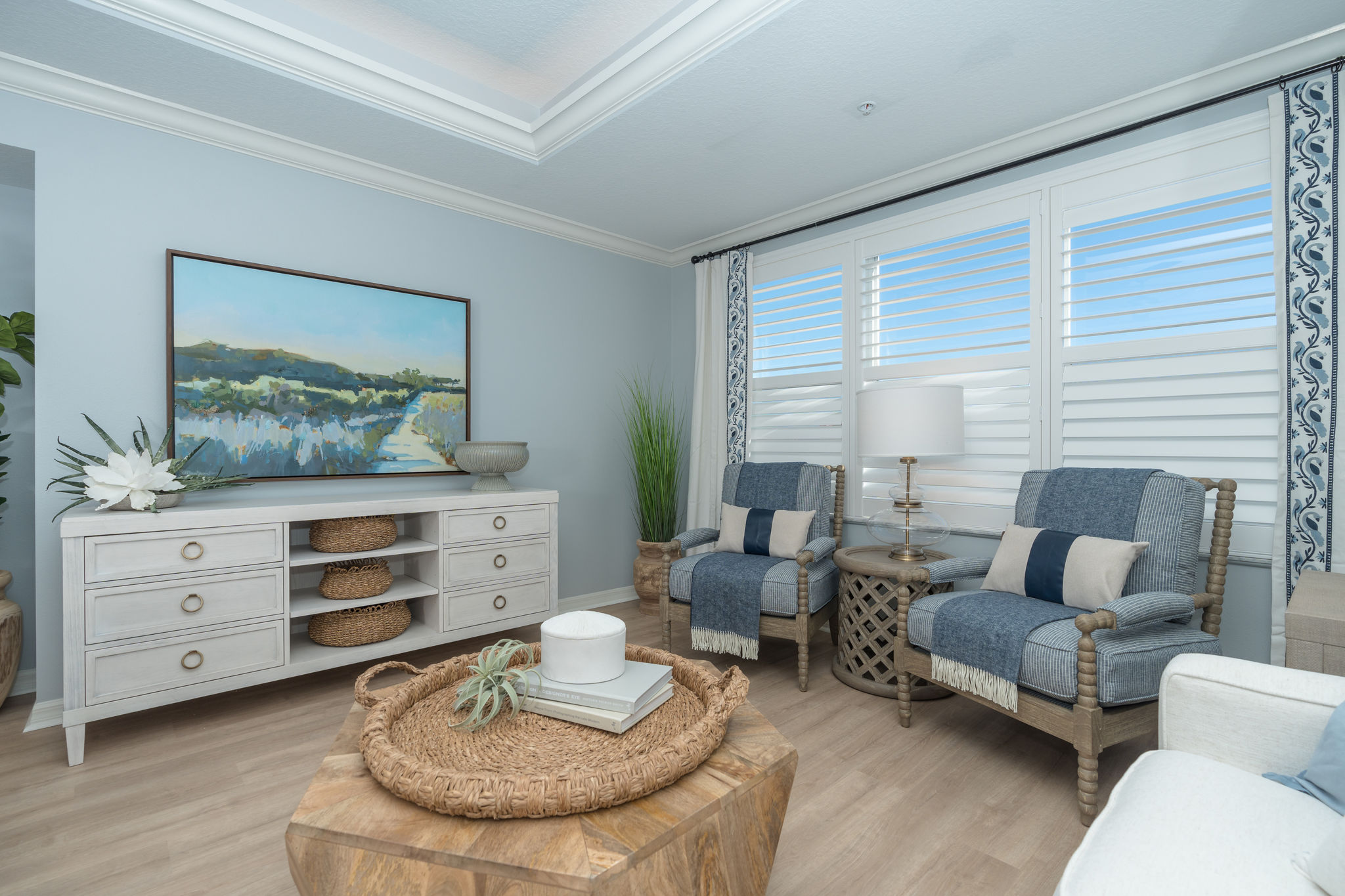
The Best Time to Move to an Independent Living Community
Is there really a best time to move into a senior independent living community? More and more of the over-65 set say the answer is yes, and the sooner the better. What’s drawing these savvy seniors? The list is long, but it includes prime locations, beautiful homes, high-end lifestyles, and seemingly endless services and amenities…. Read More








